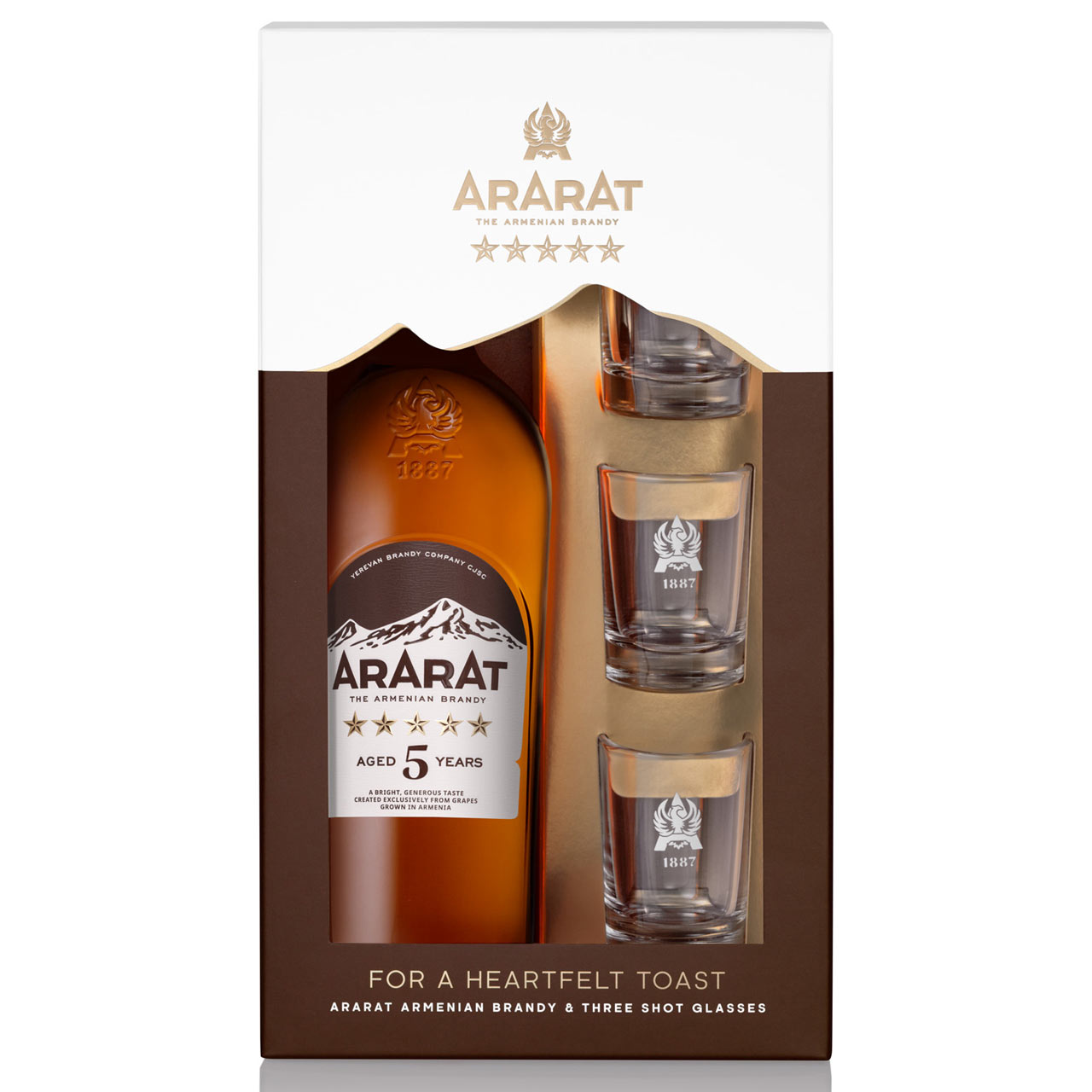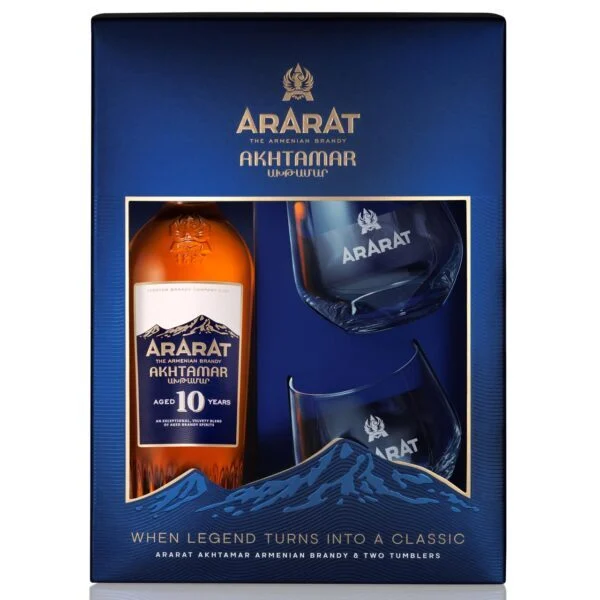Château Ksara Blanc de l’Observatoire is a delightful wine crafted in Lebanon's Bekaa Valley, one of the country’s most renowned wine-producing regions. It is a unique blend of indigenous grape varieties Obaideh, Clairette, Muscat, and Sauvignon Blanc. This refreshing Lebanese wine is carefully hand-picked and pressed in whole bunches before fermentation. It is then bottled after a brief aging period in barrels. This wine with its lively character and delicate craftsmanship boasts 13% abv, and offers a truly memorable experience that lingers long after the last sip.
Château Ksara Blanc de l’Observatoire 2022
Drink type:
Dry white wine
Ingredients:
Obaideh, Clairette, Muscat, and Sauvignon Blanc
Country:
Lebanon
Producer:
Château Ksara
Region:
Bekaa Valley
Maturation:
Shortly aged in French oak barrels
ABV:
13%
Volume:
750 ML
Flavor profile:
Dry wine with character of citrus, stone fruit, and wildflowers
Serving temperature:
7°C -9°C
Combination Options:
Seafood, salads, Lebanese appetizers and goat cheese
An elegant wine with vibrant notes of citrus, stone fruit, and wildflowers. It is light, fresh, and driven by fruit and floral aromas, with the richness coming from the Clairette, the fragrance from the Muscat, and the vitality and crispness from the Sauvignon. This exquisite Lebanese wine pairs wonderfully with seafood dishes, salads, Lebanese appetizers and goat cheese. It pairs perfectly with Mediterranean dishes, making it an ideal wine for various occasions. Serve the wine lightly chilled.
Château Ksara, founded by Jesuits, is the oldest winery in Lebanon. It produces a range of red, white, and rosé wines. Château Ksara’s winery primarily focuses on crafting wines from French grape varieties, while also integrating indigenous Lebanese varietals to showcase the region's unique character. The vineyards are nestled at an altitude of one kilometer above sea level in the prestigious Bekaa Valley. This exceptional location benefits from the natural water table beneath the land, situated between the Lebanon and Anti-Lebanon mountain ranges, providing optimal growing conditions and contributing to the distinctiveness and quality of their wines.
The vineyard's altitude ensures that hot summer days are moderated by cool evenings, with a temperature variation of approximately 15°C. The region receives between 600 and 700 mm of rainfall annually, mostly during the autumn and winter months. In contrast, the summer and growing seasons are dry, reducing the risk of diseases. As pesticides and herbicides are not used, the grapes are cultivated in a nearly organic manner. The soil composition varies, ranging from chalk to a mix of clay and chalk, as well as clay and limestone, but it is consistently stony.





